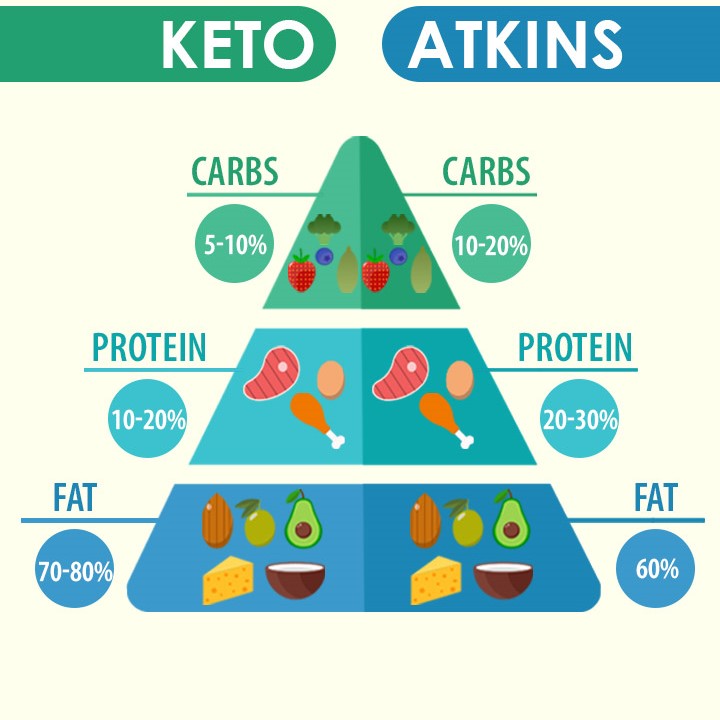Have you ever wondered why some people effortlessly embrace a vegetarian lifestyle, while others find it challenging to give up meat?
The answer might lie in your DNA. Exploring the Genetics of Plant-Based Recent scientific research has shed light on the genetic factors that influence our dietary choices, suggesting that being a vegetarian might be more than just a matter of personal preference. In this article, we will delve into the fascinating world of nutrigenomics and explore how your genes could be influencing your dietary decisions.
Genetics and Diet: Unraveling the Connection
What is Nutrigenomics?
Nutrigenomics is a branch of science that examines how our genes interact with the nutrients we consume. It seeks to understand how our genetic makeup can impact our response to different diets and foods.
The Genetic Basis of Vegetarianism
Recent studies have uncovered specific genetic variants associated with a vegetarian or plant-based diet. One of the key genes under investigation is the TAS2R38 gene, responsible for taste perception. Variations in this gene can influence how individuals perceive the bitterness of certain vegetables, such as broccoli and Brussels sprouts. People with specific TAS2R38 variants may find these vegetables more palatable, potentially making them more inclined to adopt a vegetarian diet.
“Boosting Fiber Intake: 9 Expert-Backed Tips for a Healthier Diet”
FAQs About Genetics and Vegetarianism
1. Can genetics determine if I should be a vegetarian?
- While genetics can play a role in influencing your dietary preferences, it doesn’t determine whether you should be a vegetarian. It’s essential to consider a variety of factors, including ethical, environmental, and health reasons, when making dietary choices.
2. Are there other genes involved in vegetarianism?
- Yes, there are several other genes that have been linked to dietary preferences. For instance, the FTO gene has been associated with a higher preference for fatty foods, which could affect one’s inclination toward a vegetarian or omnivorous diet.
3. Can I change my dietary preferences if they are influenced by genetics?
- Genetics may influence your taste preferences, but they don’t dictate your choices. With awareness and a gradual shift in your diet, you can adapt to different eating patterns.
4. Is being a vegetarian healthier than an omnivorous diet?
- A well-balanced vegetarian diet can be healthy and provide numerous benefits, but what matters most is the quality of food choices within your chosen diet. Both vegetarian and omnivorous diets can be healthy when planned correctly.
Nail Health and Vitamin B12 Deficiency: Recognizing Signs and Remedies
The Role of Environment and Culture
While genetics can provide insights into our dietary inclinations, it’s crucial to remember that our food choices are influenced by a combination of factors. Environmental influences, cultural traditions, upbringing, and personal beliefs all play a significant role in determining our diets. Genetic predispositions are just one piece of the puzzle.
The connection between genetics and dietary preferences is a fascinating field of study that continues to evolve. While being a vegetarian might have some genetic underpinnings, it’s essential to remember that your diet is a personal choice influenced by a multitude of factors. Whether you’re a dedicated vegetarian or an enthusiastic omnivore, what matters most is that you make informed and mindful choices about the foods you consume.
As research in nutrigenomics advances, we may gain a better understanding of how our genes interact with our diets. However, for now, the decision to adopt a vegetarian lifestyle remains a personal one, influenced by a complex interplay of genetics, culture, and individual values.
For further reading on this topic, you can explore the following external links:












